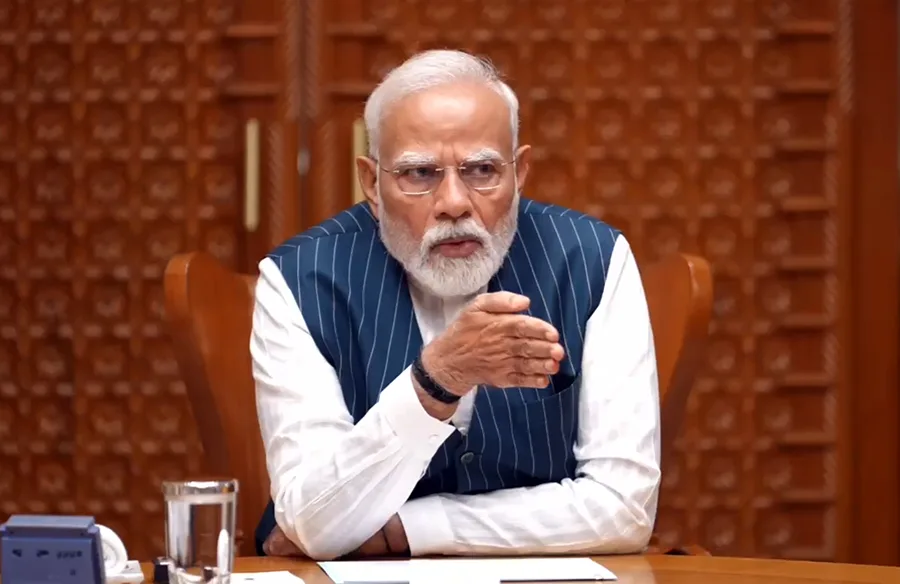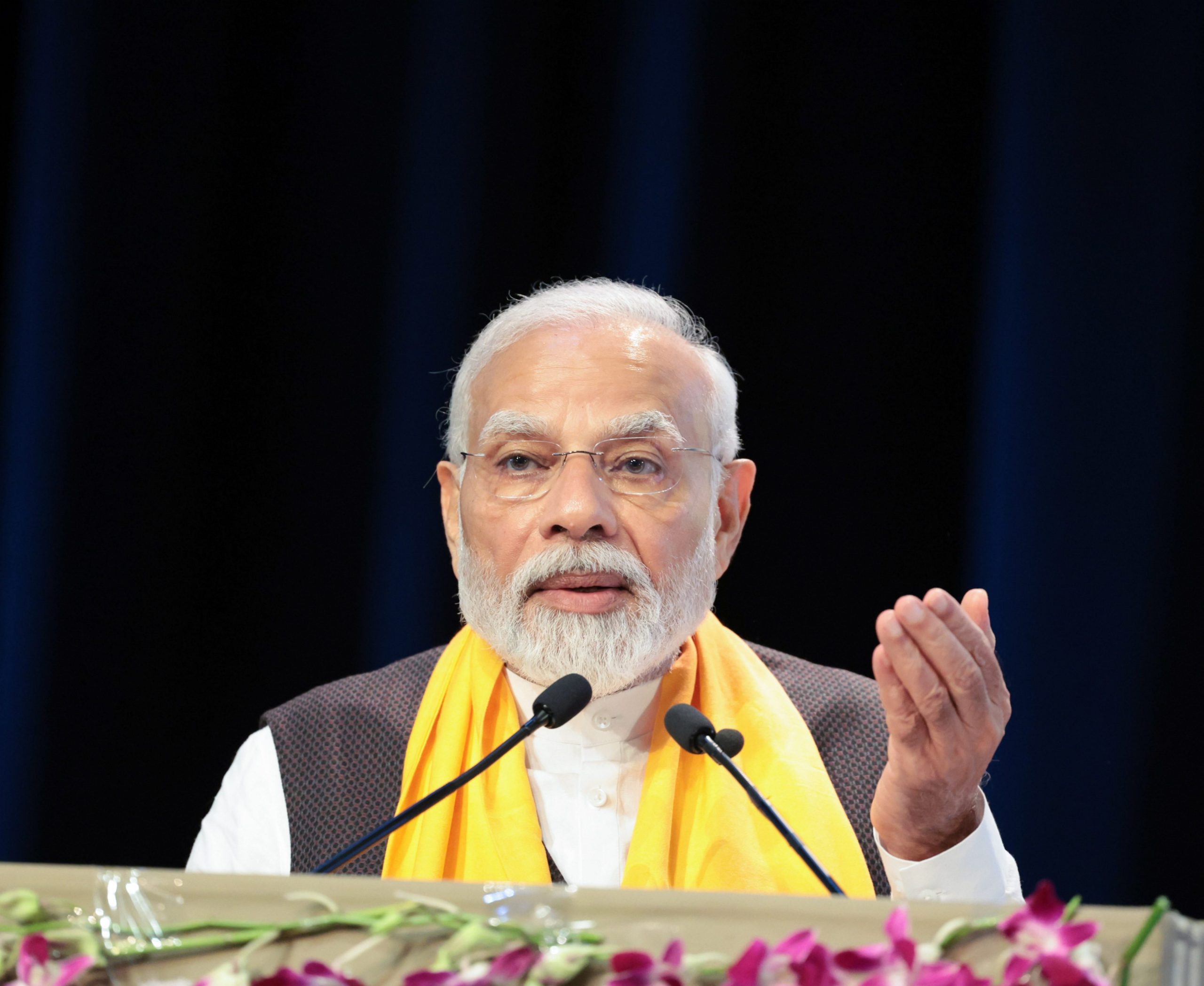New Delhi: Asserting that withdrawal of ‘general consent’ by some states has led to severe limitations in the CBI’s powers to investigate crucial cases, a Parliamentary panel on Monday said there was a dire need to enact a new law and give wider powers to the federal agency so that it can probe cases without a “state’s consent and interference”.
At the same time, the panel said that some safeguards should also be laid down to ensure objectivity and impartiality in the functioning of CBI so that the states also don’t feel discriminated against.
As per the provisions of the Delhi Special Police Establishment (DSPE) Act, which governs the functioning of the CBI, the consent of the state government is a pre-requisite for any investigation by the Central Bureau of Investigation (CBI).
Nine states have withdrawn the general consent to the CBI for investigating cases, according to a report tabled by the panel in Parliament on Monday.
State governments have granted general consent to the CBI for investigation in a “specified class of offences against specified categories of persons”, according to the provision of Section 6 of the DSPE Act.
For investigation of any matter in such state, which is not covered in the aforesaid consent, specific consent of the state government is required for the CBI to investigate in the state and the agency seeks such consent on a case-by-case basis.
“With reference to this only the Committee reiterates that as on date, nine states have withdrawn the general consent they had given to the CBI for investigating cases. This has led to severe limitations on the powers of CBI to investigate crucial cases impartially and objectively which will give rise to corruption and organised crimes in states,” it said.
Hence, as recommended earlier, apart from the DSPE Act, 1946, there is a dire need to enact a new law and define the status and functions and give wider powers to CBI to investigate such crucial cases without the need for a state’s consent and interference, the panel said.
The panel’s report comes in the back of non-NDA governments in some states withdrawing general consent to the CBI while accusing the Centre of misusing agencies to target political rivals.
“At the same time, in the same Act, some safeguards should also be laid down to ensure objectivity and impartiality in the functioning of CBI so that the states also don’t feel discriminated and absolutely powerless,” the panel said.
‘State’s consent clause’ should be removed only in such cases that are considered to be a threat to the nation’s security and integrity and any delay in investigation of such cases by the CBI may lead to a general dissatisfaction among the citizens of the country, said the 135th report of the Department related Parliamentary Standing Committee on Personnel, Public Grievances, Law and Justice.
The CBI has recently proposed suitable amendments in recruitment rules for its various posts including that of inspector, it said.
Accordingly, the federal agency has proposed that 60 per cent of posts of inspectors are to be filled by “promotion” and 40 per cent on a “deputation/absorption” basis, the report said.
The existing mode of recruitment follows the “50:50” formula for filling up these posts.
“The aforesaid proposal is already under consideration. However, the position will be reviewed in case the proposed amendment does not meet out the functional requirement,” the report said.
The panel was informed that as many as 308 posts (including that of a joint director, deputy inspector general, superintendent of police, etc.) in the CBI were filled last year alone.







